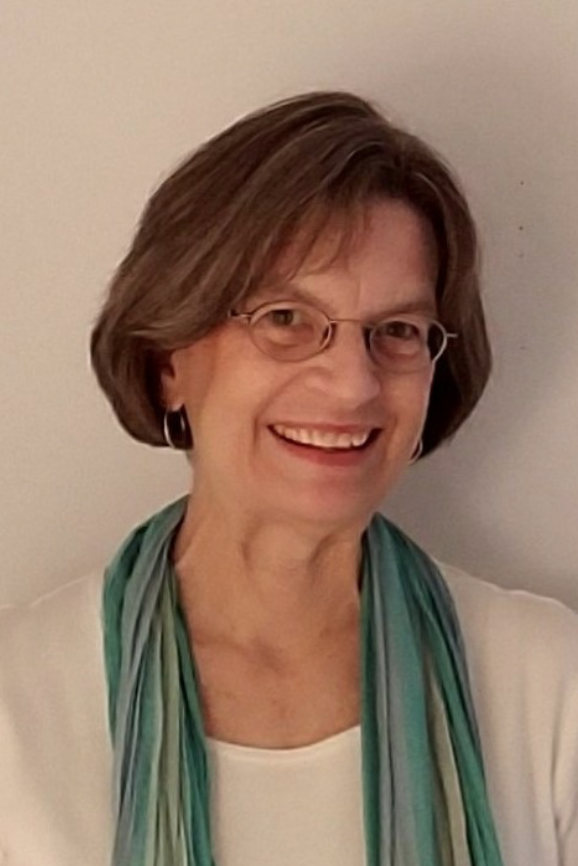Samuel Washington Allen Prize Co-Winner, selected by Marilyn Nelson
Home
The tiny place could barely hold their wealth:
Salvation Army table, mismatched chairs,
curb-rescued sofa, happiness, good health,
and callow confidence that love like theirs
would never fail, and they would surely thrive
on romance; feeding on a gritty mix
of poverty and passion, they’d survive.
That confidence, of course, would never fix
the landlord’s balky furnace. But they found
a bed they could afford, and heaven wouldn’t
have held more bliss. The harsh metallic sound
of traffic out their rattling windows couldn’t
drown out the conversation they’d begun,
the words and silences that made them one.
The words and silences that made them one
gave voice to ordinary dreams: they’d find
a house to buy, one with a yard, and sun
would always shine on them. The day they signed
the papers, they were nervous, but enchanted
by their new place—a house with drafty rooms
(all needing paint), few closets, floors that slanted,
a lawn choked by dead dandelion blooms.
But this young couple knew what really mattered:
not sagging porch steps, but the heady scent
of lilacs shading them; not pipes that clattered,
but their own chatter during evenings spent
beside the soot-stained hearth; not slanting floors,
but all the joy that lived inside the doors.
But all the joy that lived inside the doors
did not prevent them from imagining
still more. Their newly finished corridors
soon hosted little feet, and everything
they did to renovate would never meet
the needs of four rambunctious kids. And so
the couple and their brood moved to a street
of spacious newer homes. The kids would grow
up quickly here, through noisy, busy years
of Scrabble in the paneled den, tense fights
around the kitchen table, bitter tears
at teenage tragedies, and anxious nights
for parents waiting up. And this was where
they’d learn a dreadful truth: life wasn’t fair.
They learned the dreadful truth: life wasn’t fair—
and life, in fact, could end without a warning.
They lost their oldest child—the one who’d share
her cookie with a friend, who’d knelt one morning
beside the shrubbery to cut a sprig
of heather for her teacher, and who’d led
her siblings in Freeze Tag. Her heart was big,
and then it stopped. And it took every shred
of will they had to keep inhaling, keep
pretending they were still alive. But walls
that held their endless grief and heard them weep
would also bear framed photos of new calls
for celebration: birthdays, contests won,
three kids still growing, more time in the sun.
Three kids grew up, and more time in the sun
was what their parents wanted. They retired
and moved to Florida, glad to be done
with winter’s mess. Although they still required
a house with room enough to host
the kids, and soon the grandkids, and some land
for gardening, this new home by the coast
was easier to manage. They would stand
on their lanai (they liked the local word)
and watch the water, happy to be warm.
Though it got awfully hot when no breeze stirred
their quarter-acre, though a deadly storm
was often forecast, they were lucky. Fate
brought them new pleasures to appreciate.
New pleasures led them to appreciate
each other more, as well. And soon they knew
that all they needed, as their hour grew late
and years grew short, was just a place for two.
They bought a condo, small but well designed—
one floor, one bedroom, one small balcony,
and several grab bars. And they didn’t mind
that some smug younger folks had cleverly
declared this neighborhood “God’s waiting room”;
they’d seldom sat and waited, wouldn’t sit
and wait for death. Though they did not assume
they had a lot of time left, none of it
was likely to be idly squandered. No,
their dance continued, though their steps were slow.
Their dance continued, though their steps were slow,
and in another decade, slowed still more.
They both felt that they still had miles to go,
but they admitted they were tired and sore.
She needed pills that she could barely count;
he could no longer help her clean and cook.
More difficulties than they could surmount
alone led to their last new home: they took
one large room in “assisted living.” Here
they joined a book club, and they made new friends.
They liked the smaller space—liked being near
each other all the time. And though their ends
were now approaching with a kindly stealth,
the tiny place could barely hold their wealth.

Jean L. Kreiling is the author of two poetry collections, Arts & Letters & Love (2018) and The Truth in Dissonance (2014). She is a past winner of the Able Muse Write Prize, the Great Lakes Commonwealth of Letters Sonnet Contest, two New England Poetry Club prizes, and the String Poet Prize.
